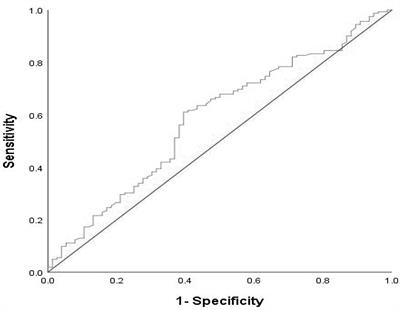EDITORIAL
Published on 24 Oct 2022
Editorial: Novel immunotherapies to treat gastrointestinal solid tumor cancers
doi 10.3389/fonc.2022.1043615
- 612 views
14k
Total downloads
44k
Total views and downloads
Select the journal/section where you want your idea to be submitted:
EDITORIAL
Published on 24 Oct 2022
REVIEW
Published on 07 Apr 2022

ORIGINAL RESEARCH
Published on 18 Feb 2022

SYSTEMATIC REVIEW
Published on 21 Dec 2021

ORIGINAL RESEARCH
Published on 14 Dec 2021

ORIGINAL RESEARCH
Published on 13 Dec 2021

ORIGINAL RESEARCH
Published on 03 Dec 2021

ORIGINAL RESEARCH
Published on 01 Dec 2021

ORIGINAL RESEARCH
Published on 01 Dec 2021

ORIGINAL RESEARCH
Published on 25 Nov 2021

ORIGINAL RESEARCH
Published on 10 Nov 2021

ORIGINAL RESEARCH
Published on 06 Oct 2021

